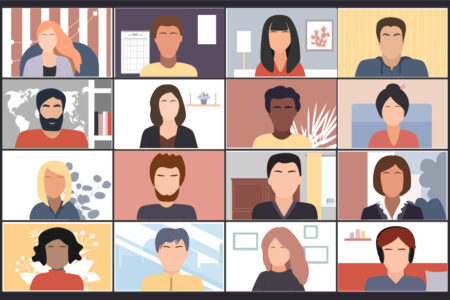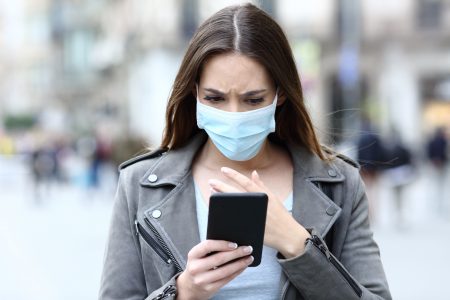The importance of coffee breaks
Coffee breaks with colleagues – what a blast! In the midst of the corona crisis and having to work from home, I realize again how important these small moments are. But why is it so important to have breaks with our colleagues?
Even though I regularly meet with colleagues and friends online, working from home makes me feel lonely from time to time. However, whereas my own feeling of loneliness will hopefully be limited to a couple of months, about ten percent of the Dutch population experiences chronic forms of loneliness. This is a severe problem, as chronic loneliness is linked to wide range of mental-health issues. But why is it so important to have these small and informal get-togethers with colleagues? Are some people more vulnerable to loneliness than others, and what happens when people become lonely? Importantly, what can they do to stop feeling lonely?
Humans are social beings
Humans have a strong desire to belong to a group or to have social ties with others. This desire to belong is however not unique to humans but can also be found in other social species, such as primates. The need to belong is thought to be a very old evolutionary process. Throughout history, having social connections or living in a group was of immense importance for the survival of the species. For example, living in a group could mean a higher probability of survival when attacked by a predator, or more opportunities to reproduce with group members. Throughout the centuries the desire to belong became so strongly rooted in our system that our brain developed an alarm system that warns us when our need to belong is not fulfilled. This alarm signal may resemble biological signals such as thirst and hunger, which motivate people to drink or eat. However, in this case the alarm signal motivates us to show social behavior that increases our opportunities to connect with others.
If our need to belong is left unfulfilled for a longer period, this may result in loneliness. This is a subjective feeling that the person does not have enough social relationships or that the social relationships they have are of lower quality than wanted. This means that someone may have twenty friends but still feel lonely because they feel these relationships are too superficial. In contrast, a person who has only one good friend may not feel lonely at all. This may also explain my feeling of loneliness during this corona crisis. Although I still meet up with friends and colleagues online, the conversations are often more superficial than I would like – added to the occasional awkward moments of silence or bad internet connections.
The vicious circle of loneliness
Some people may be more at risk for loneliness then others. For example, people who are emotionally unstable, introverted, insecure, or elderly, as well as people who live alone, are more likely to report feelings of loneliness. Importantly, loneliness can become a vicious circle. That is, people who are lonely become more insecure and more anxious, feelings which in turn increase loneliness. Studies also suggest that loneliness may result in self-destructive behavior, including increased aggression and more self-interested behavior, which may push away people even more. As a consequence, it becomes increasingly difficult for lonely people to break free from their loneliness. This is a serious problem, as chronic loneliness has major implications for someone’s well-being, including difficulties in making decisions, memory problems, health problems, depression, and suicidal thoughts.
How to break free from loneliness
If you feel lonely, there are several things you can try to do.
- Join a club or start volunteering. It is very likely you will meet like-minded people you can spend time with.
- Reach out to acquaintances or old friends, even though this may be difficult or scary. Try to avoid thoughts and worries about being rejected, as these will work against you.
- If you do not have many acquaintances, various organizations organize activities for lonely people or have buddy systems which can be found in the Netherlands (eenzaam.nl), the UK (befriending.co.uk), and the USA (connect2affect.org).
- You can talk to your GP or a psychologist about your feelings. Sometimes loneliness occurs because people have unrealistic demands of their social relationships. Moreover, some lonely people may be afraid of getting rejected, which may make them reluctant to initiate contact. A psychologist can help you to determine realistic expectations of social relationships, or to change maladaptive ideas about being rejected.
As for me, I unfortunately have to stick to online coffee dates for now. Hopefully I will meet my colleagues at the office again soon!





